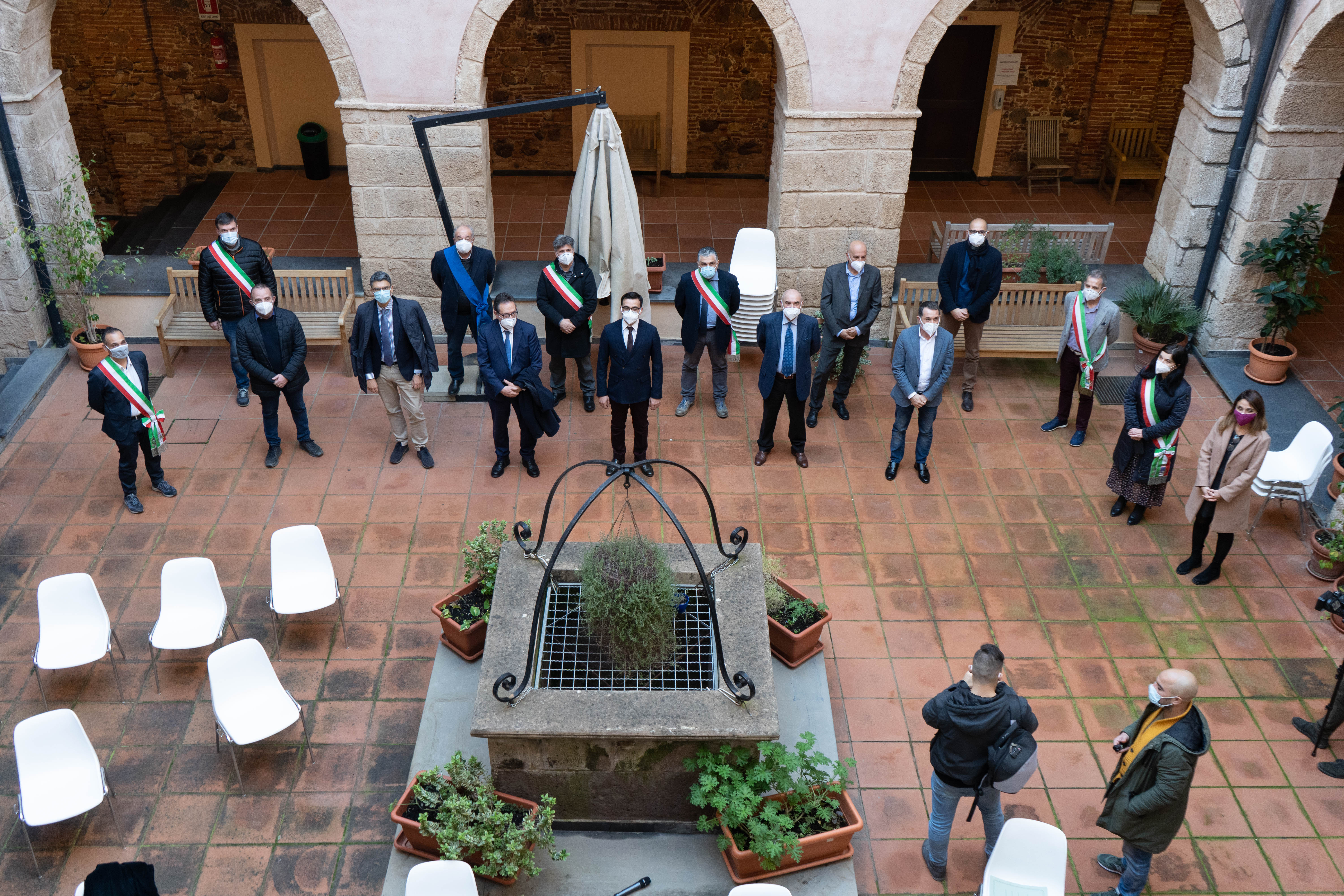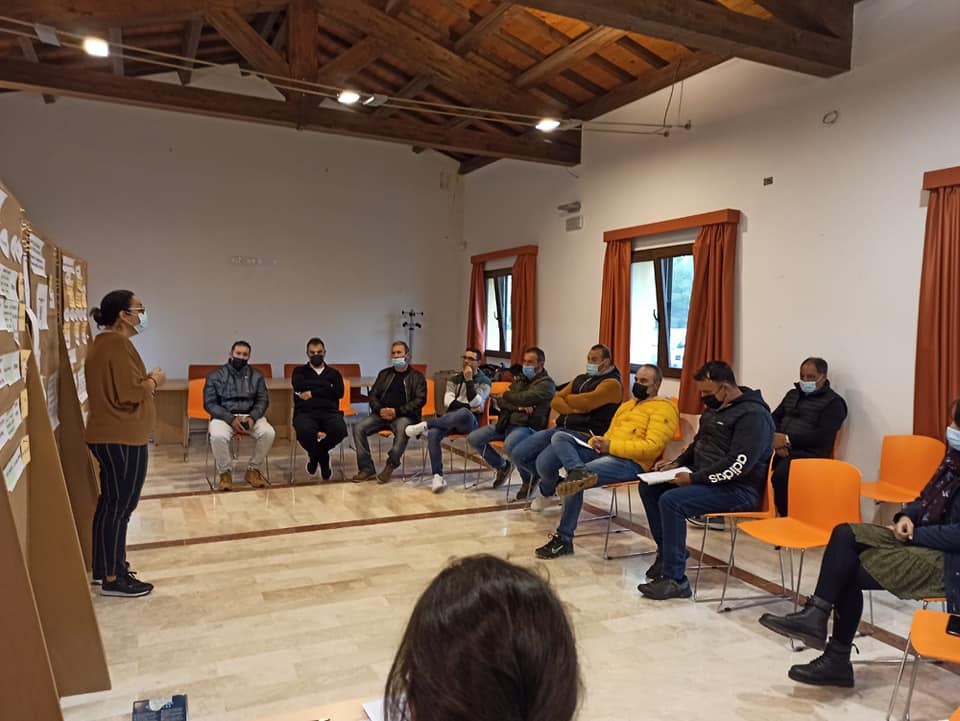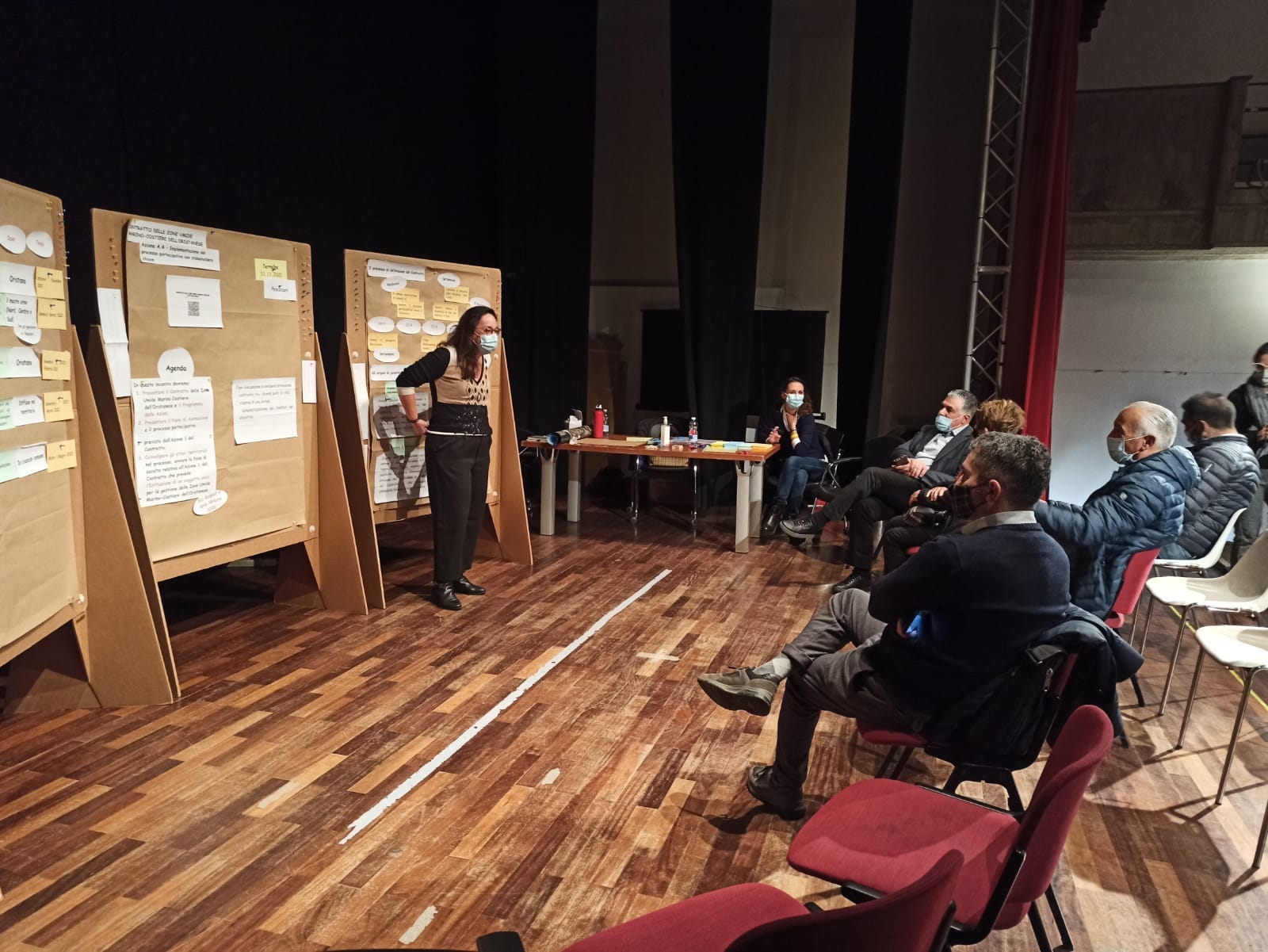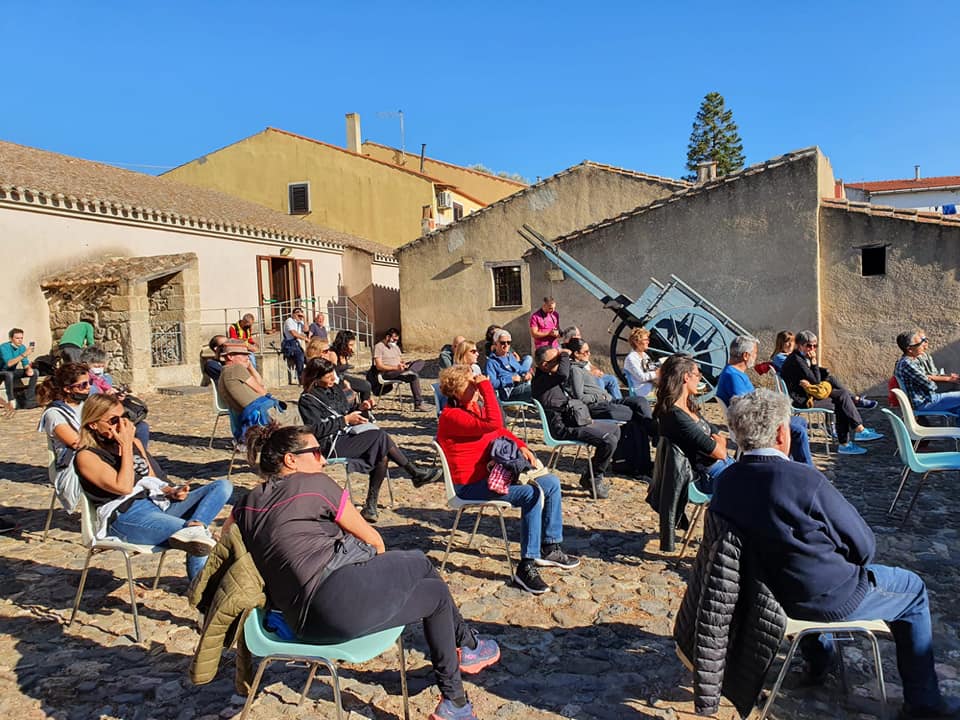




The intervention involves the 11 municipalities that cover the six Ramsar sites and 19 Natura 2000 sites. They signed a cooperation agreement for joint decision-making in the form of the Oristano Coastal Wetlands Contract, under the Italian legislation that regulates the river contracts (art. 68-bis Legislative Decree 152/2006), The Contract defines strategies, guidelines and actions that steer the definition of intended outcomes and actions and inform monitoring and evaluation of the intervention.
The Action Plan, attached to the Contract, summarises the planning of actions, funded and not, regarding the main important issues, such as restoration, climate change, water quality, hydrological risk, cultural and landscape promotion and valorisation. As part of the implementation of the Nature-based Solution, relevant public and private sector stakeholders were consulted. They were identified based on stakeholder analysis and include affected sectors.
The Contract is an important legal instrument as it reinforces the commitment towards joint policy action to overcome the fragmentation of coastal wetlands management, looking towards the establishment of a new regional protected area, which is the first aim of the Action Plan attached to the Contract. It provides the foundation for Nature-based Solution actions in the Gulf of Oristano.
The adoption of the Oristano Coastal Wetlands Contract (CWC) by the 11 municipalities provided an important legal basis and framework to advance the integrated management of six wetlands in the Gulf of Oristano. An integrated and unique system of governance was needed in a framework characterized by fragmented wetland management (between regional and local government) and similar problems and ecosystem shared in all wetlands. The CWC provided strategies and actions that support ongoing efforts toward the establishment of a new regional park. The Regional Park can manage and coordinate the public bodies involved. Moreover, the possibility to lighten the administrative and evaluation process, considering the main aspects, environmental and economic, such as biodiversity and ecosystem conservation, climate mitigation, fishing, agriculture, tourism, etc. The establishment of a formal, clear and well-documented feedback grievance mechanism, as well as participatory decision-making processes respecting the rights and interests of all participating and affected stakeholders, were added as priority actions going forward.